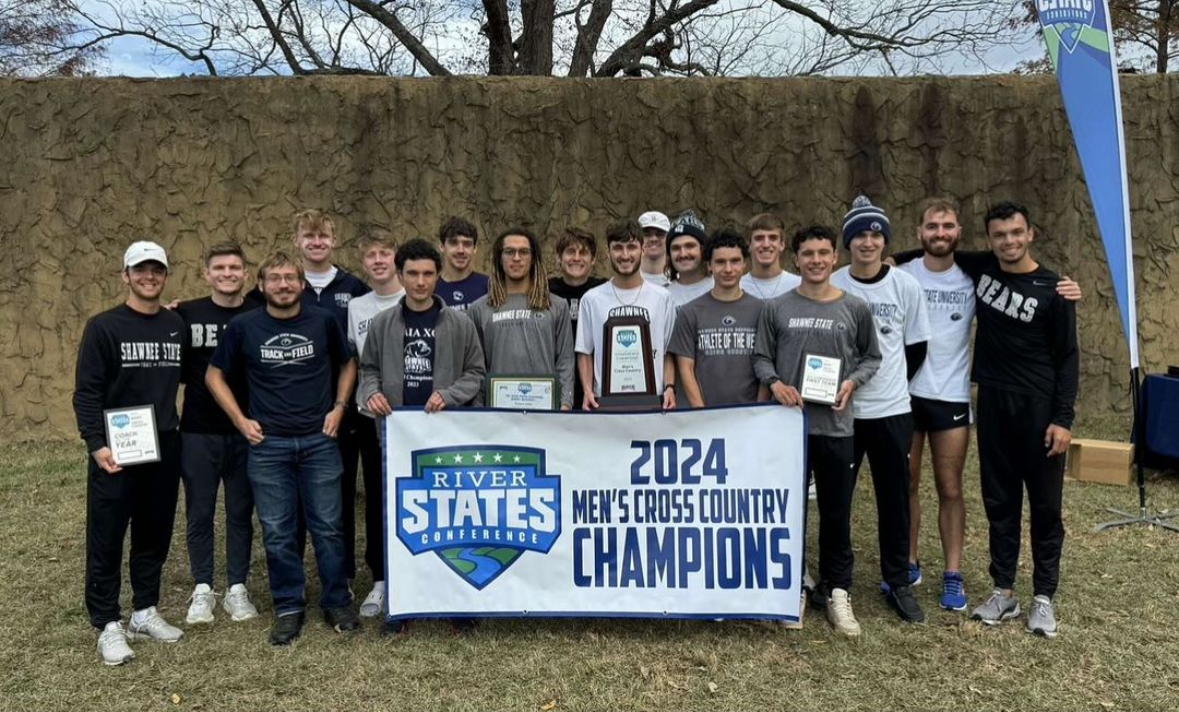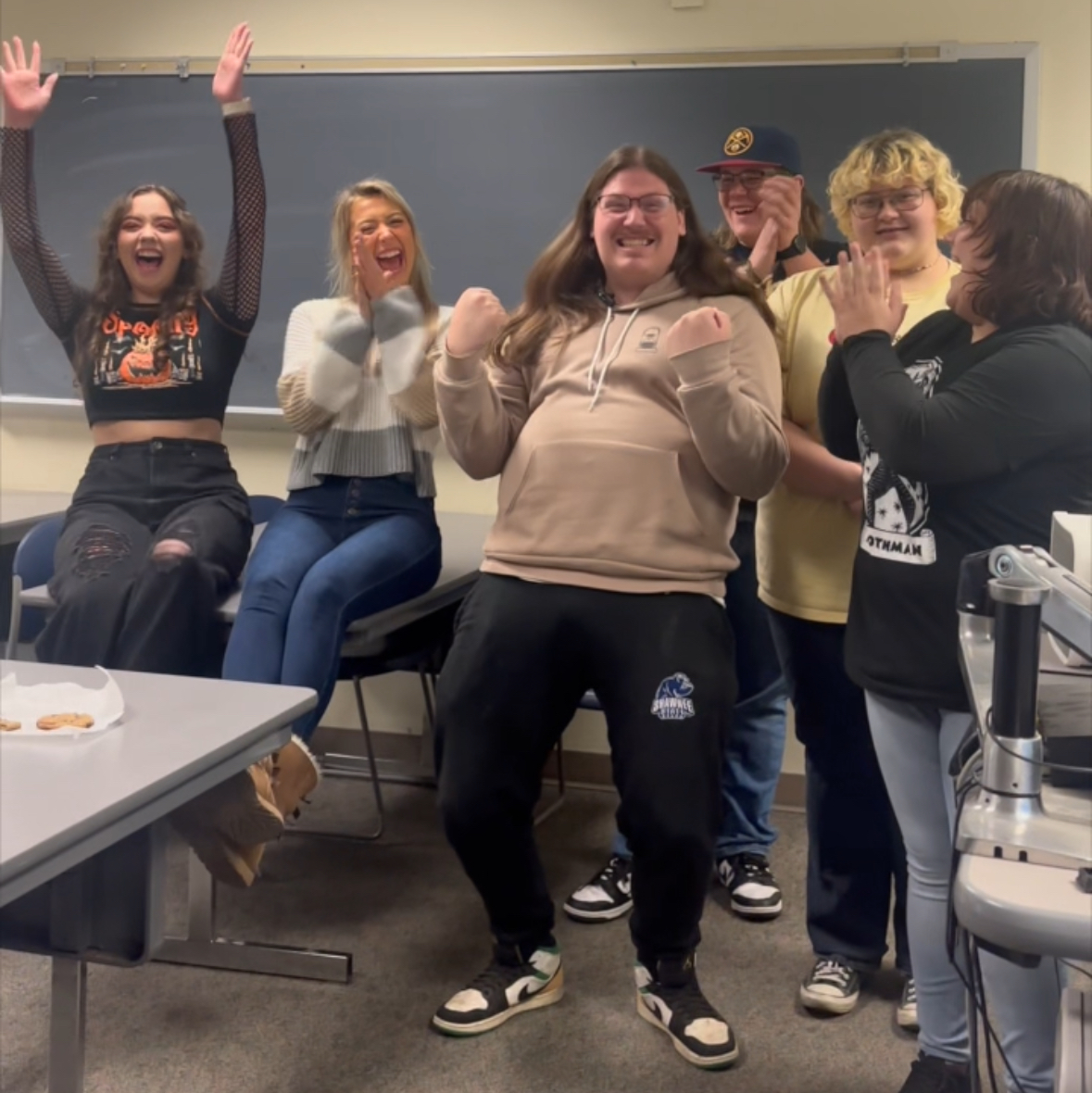Shawnee State University (SSU), known for its commitment to academic excellence and innovation, is working toward the introduction of an exciting addition to its curriculum: a bachelor of science degree in environmental science. This proposed program is designed to meet the growing demand for professionals skilled in environmental conservation, sustainability and resource management.
Shawnee State is not the first university in the country to offer an environmental science degree, but this could be an advantage to the university. Through researching successful programs at other universities, SSU can better design its program, applying already successful strategies and aligning them with the jobs that are available and needed in the area.
The proposed program is also seen as a promising route for a prospective student who is passionate in all fields of science. For many science degrees, students are flooded with specialized classes in a particular science, such as chemistry or biology. However, in the new environmental science program, students will be expected to understand multiple different sciences at a high level, which should entice students who may have a passion for science but are not interested in specializing in only one.
The proposed environmental science bachelor’s degree at SSU represents a significant milestone in the university’s mission to provide students with diverse and relevant educational opportunities. The program will equip graduates with the knowledge and skills needed to address pressing environmental challenges and contribute to the development of sustainable solutions.
“Our hope is that we have a degree founded in the sciences that attracts students that have a passion for the environment and an interest to make an impact in our region’s natural resources as well as our manufacturing and industrial workforces,” said Dr. Kimberly Inman, dean of SSU’s College of Arts and Sciences.
Adding a new degree to the university’s offerings entails quite the process. First, the department pitches the idea to the academic resource management committee on campus, which decides whether the degree is necessary and affordable for the university. After it is reviewed and accepted, it moves to the shared governance committees, a group of diverse decision-makers with shared interests and responsibilities associated with the groups involved. After that, it moves to the University Faculty Senate, an elected body that advocates on curriculum, academic policies and resource allocation, along with other responsibilities.
The program proposal is still winding its way through the university approval process. If it receives approval, it will be submitted to Higher Learning Commission, which is an institutional accreditor. If accredited, it will move forward to the Ohio Department of Higher Education, a cabinet-level agency for the governor of Ohio that approves and authorizes new degree programs. Once the degree program is authorized by these agencies, the university can start to promote it and enroll students. The degree proposal is still early in the process of becoming eligible for enrollment and recruitment, but the university is optimistic about its success after recently being reviewed and accepted by the academic resource management committee on campus.
The curriculum for the environmental science program has core courses in biology, geology and chemistry. Most of the required courses are already offered by the department of natural sciences at SSU.
“Therefore, transitioning this program into reality should not be a significant challenge,” said Dr. Jennifer Napper, the chair of that department. Dr. Napper also mentioned that a notable feature of the proposed program is the inclusion of field components in several courses. Students will be able to take advantage of SSU’s proximity to conservation areas, forests and state parks for hands-on experiential learning.
The next step after accreditation, recruitment and enrollment is developing internship opportunities with relevant partners. A lot of these jobs require more than a degree, though, and the program will have to ensure its students get the proper credentials to succeed in their chosen profession, whether that be through the Occupational Safety and Health Administration (OSHA) or some other agency. Creating and maintaining relationships with relevant employers in the region is the responsibility of Jeff Hamilton, the university’s director of corporate and foundation relations. With consistent communication between the university and businesses in the region, Hamilton will work alongside faculty in the program development process.
“The goal is to align the environmental science degree with jobs available in the region,” Hamilton said. Several businesses have recently invested in new technologies in the region, including Honda, Intel, a Pure Cycle location in Franklin Furnace and a GE Aerospace manufacturing and testing site in Peebles. The degree will target operational jobs, engineering and even nuclear science in consideration of the Portsmouth Gaseous Diffusion Plant in Piketon.
As the accreditation process unfolds, the university remains hopeful that its vision of offering a bachelor of science in environmental science will come to fruition soon. However, regardless of the outcome, the spirit of environmental advocacy and stewardship will continue to thrive at Shawnee State University, inspiring future generations to make a positive impact on the world around them.



